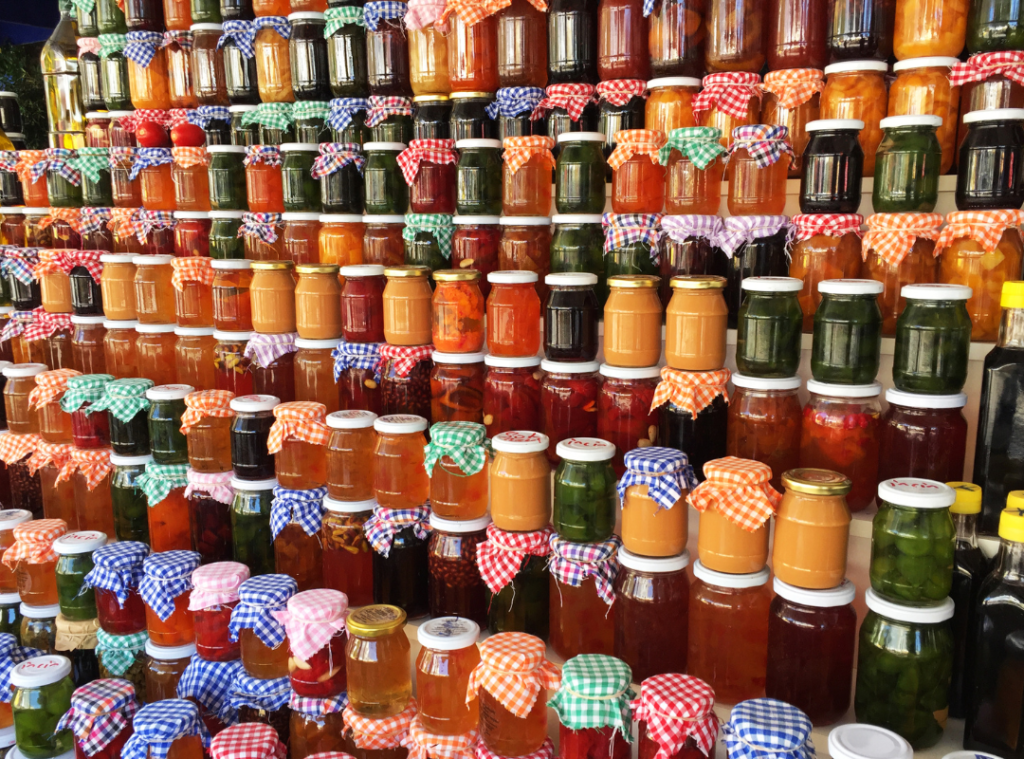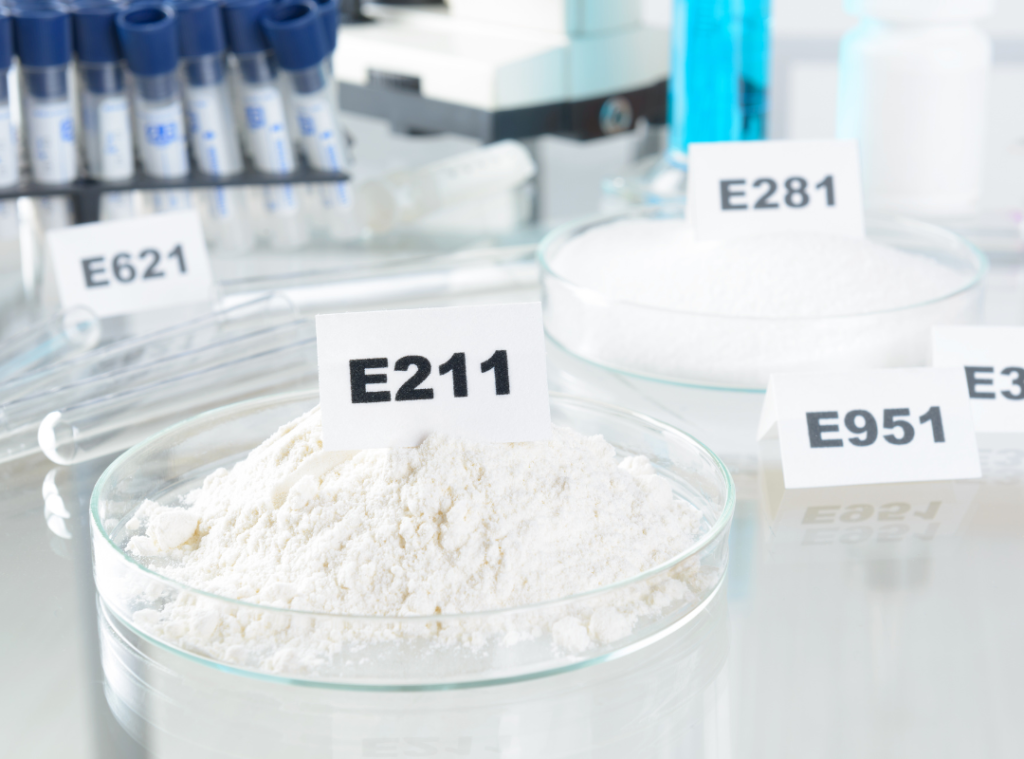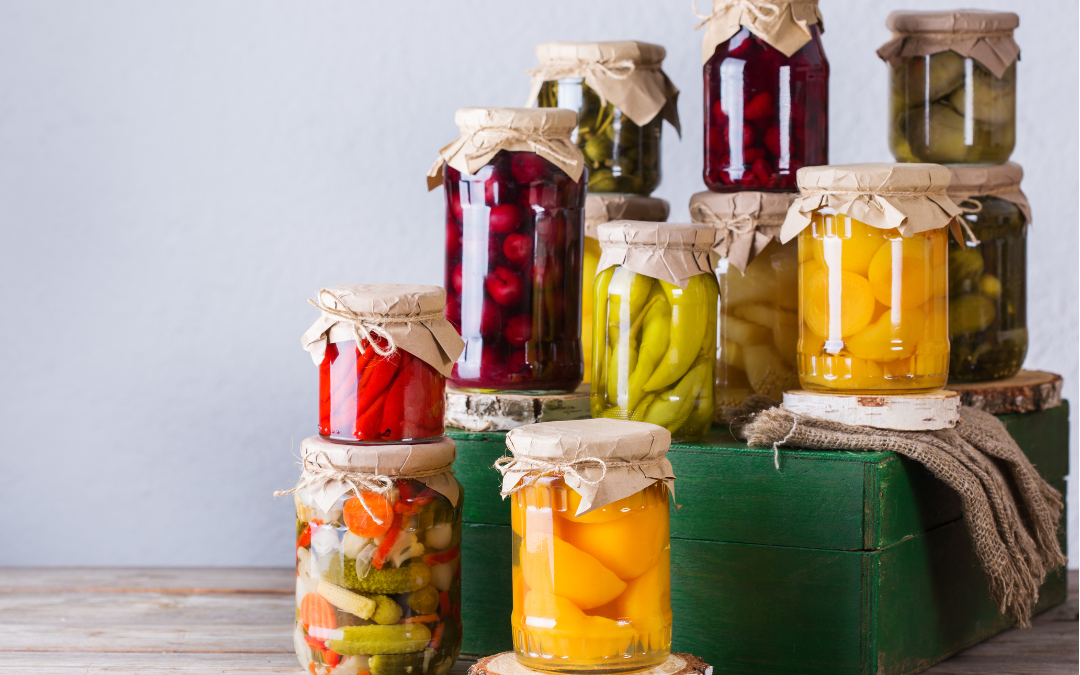Today, there is a variety of foods available on the market, and you may have wondered which foods contain preservatives or what contributes to their long shelf life. That’s right, preservatives! These substances sweeten sugar-free gums, color sodas, and protect ready-to-eat meals from premature spoilage.
Potassium sorbate, citric acid, and glutamate are three of over 300 additives found in many processed foods. Nowadays, the food industry can hardly function without preservatives, as we wouldn’t see such a variety of foods without them.
Preservatives simplify food preparation, prevent premature spoilage, and affect the taste, color, or texture of food. Emulsifiers and stabilizers found in mayonnaise help the ingredients stick together, and chip bags contain protective gases to prevent the fats inside from going rancid.
Common Groups of Preservatives in Foods
Preservatives: These extend the shelf life of foods by inhibiting the growth of bacteria, molds, or yeasts. Examples include sulfur dioxide in dried fruits and potato products, benzoic acid in fish products, and natamycin in the rinds of refined cheese.
Antioxidants: These protect compounds in food, such as colors, fats, flavorings, or vitamins, from reacting with oxygen. Examples include ascorbic acid in canned fruits and citric acid in sodas.
Flavor enhancers: These enhance the taste of food. Examples include glutamates in ready meals, meat products, or seasonings.
Sweeteners: Aspartame is used in sugar-free gums and low-calorie sodas.
Colors: These improve the appearance of food. Examples include beta-carotene in margarine and caramel in cola drinks.
Thickeners: These create a creamy consistency or thicken aqueous solutions. Thickeners often replace fat or sugar in light products, such as modified starch in pudding, carrageenan in ice cream, and pectin in sauces.

Preservatives are regularly tested, so there is no cause for concern. However, individuals with specific dietary needs should be cautious. This is especially true for children who regularly consume foods containing sweeteners, as these foods can be detrimental to their health.
Sweeteners are found in many sodas, candies, diet products, and low-calorie foods. Infants should not consume any additives until the age of six months; therefore, baby food should not contain any preservatives.
Today, preservatives are present in many processed foods. If you want to avoid preservatives in your diet, you should limit processed foods. Avoid beverages and products containing sweeteners. Whenever possible, prepare food yourself and consume organic products.


